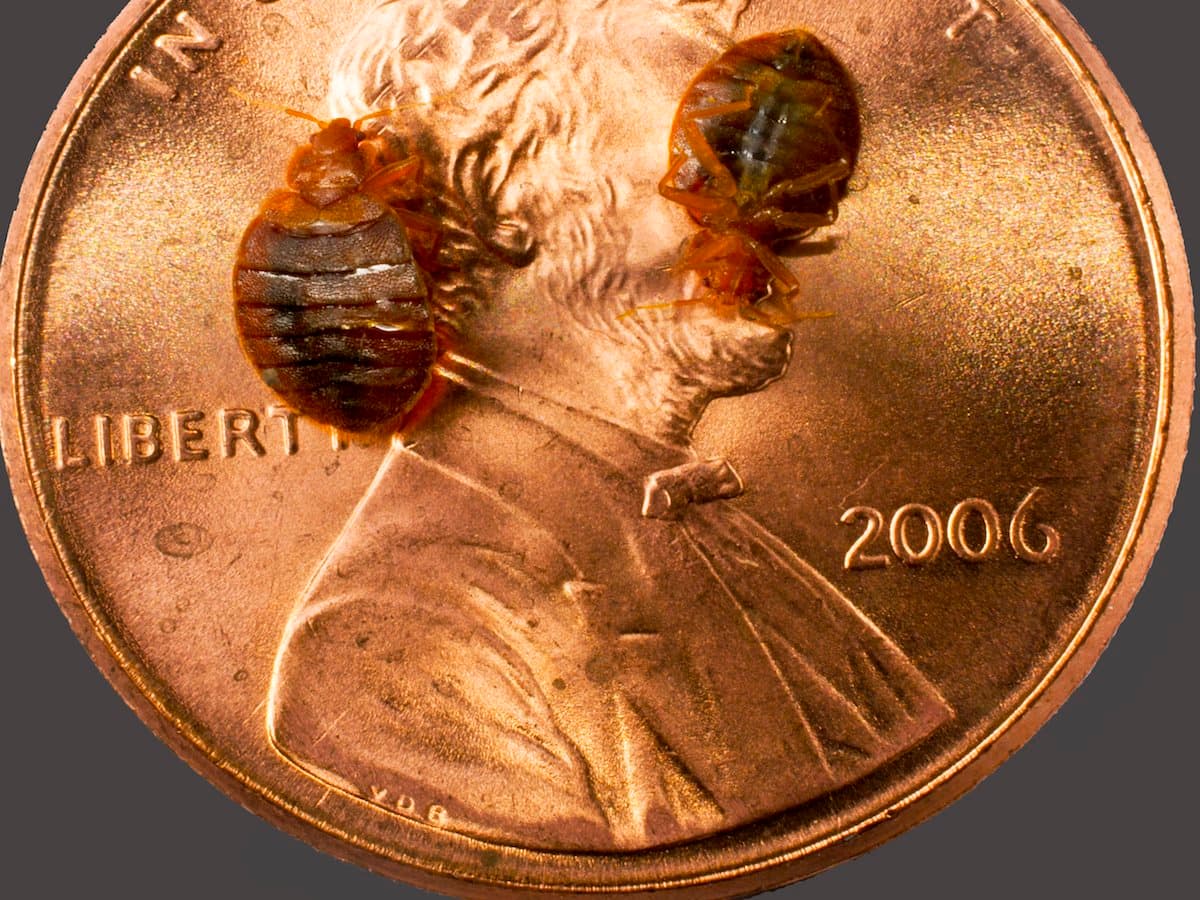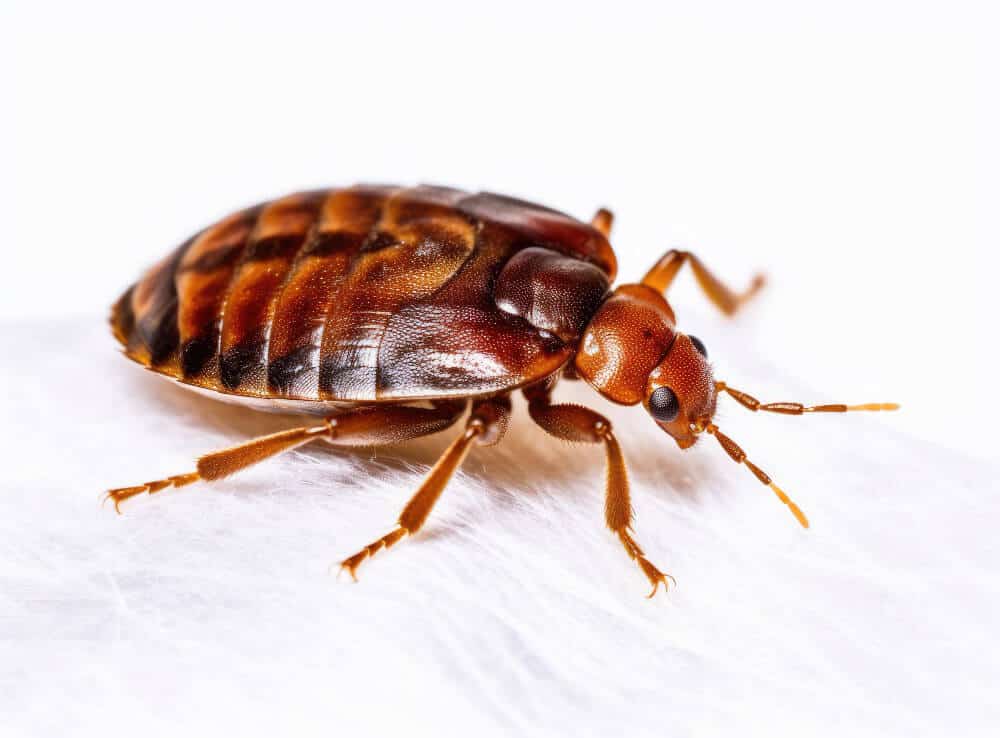A1 Bed Bug Extermination Houston: Specialist Providers
A1 Bed Bug Extermination Houston: Specialist Providers
Blog Article
Recognizing the Lifecycle of Parasites for Targeted Control Approaches
Recognizing the lifecycle of parasites is a basic facet of efficient bug administration techniques. By comprehending the different stages of development that insects undergo, an extra precise and targeted strategy can be taken on to regulate their populaces. This understanding not only clarifies the susceptabilities within the parasite lifecycle however likewise paves the means for applying strategic measures that can interrupt their growth and reproduction cycles. Via a much deeper understanding of exactly how insects grow and progress, customized control strategies can be designed to address certain factors in their lifecycle, inevitably leading to even more effective bug management results.
Relevance of Comprehending Insect Lifecycle
Understanding the lifecycle of bugs is crucial for establishing effective and targeted control approaches in bug management. By understanding the different phases an insect experiences from egg to adult, parasite control professionals can recognize weak spots in the lifecycle where treatment can be most successful. Knowing when larvae are most active can assist figure out the optimum timing for using larvicides. In addition, recognizing the lifespan of a pest species can assist in anticipating populace development patterns and possible problem threats.
In addition, recognizing the specific environmental problems essential for each and every phase of the parasite's lifecycle can assist decisions on habitat modification or exclusion techniques to interrupt the lifecycle and minimize bug populaces. This understanding allows pest administration professionals to execute proactive steps as opposed to relying entirely on reactive treatments, leading to even more long-lasting and sustainable insect control options. Eventually, a detailed understanding of parasite lifecycles encourages pest control practitioners to customize their approaches successfully, decreasing ecological effects and optimizing control results.
Trick Phases in Insect Advancement
To properly carry out targeted control strategies in pest monitoring, a crucial facet lies in thoroughly determining and comprehending the essential stages in parasite growth. Parasite advancement normally is composed of a number of key phases that are important for their lifecycle and administration.

Vulnerabilities in Parasite Lifecycle
Throughout the numerous phases of a bug's lifecycle, unique vulnerabilities emerge that can be tactically targeted for effective control procedures. One crucial susceptability exists in the egg phase, where bugs are typically extra prone to certain pesticides or organic control agents as a result of their soft external shell, making them much easier targets for treatment. Furthermore, the nymph or larval stage provides susceptabilities as insects undertake rapid development and development, needing high power consumption that can be made use of by interrupting their food sources or presenting growth preventions. Pupal phases, characterized by stability and change, offer a window for targeted control via physical barriers or details treatments that impede successful introduction. Finally, adult bugs, while more resistant due to their reproductive capability, can still be at risk during breeding or egg-laying activities, which can be disrupted with scent traps or sterilization methods. Understanding these susceptabilities in the pest lifecycle is important for developing efficient and precise control strategies that effectively take care of parasite populaces while lessening environmental impact.
Carrying Out Targeted Control Measures

Implementing targeted control actions usually involves a multi-faceted strategy. This may include environment adjustment click to read to make the environment much less congenial to parasites, such as eliminating standing water for mosquito control or securing entrance points for rats. Additionally, organic control methods can be made use of, where natural killers or microorganisms are presented to keep bug populaces in check.
Chemical control, such as the mindful application of pesticides, is an additional typical method. It is essential to utilize these materials carefully to decrease environmental effect and possible harm to non-target types - A1 bed bug extermination houston. Integrated Insect Administration (IPM) strategies that integrate different control actions in a coordinated and lasting fashion are often one of the most reliable in achieving long-term bug monitoring goals. By carrying out targeted control actions based on a complete understanding of parasite lifecycles, pest populations can be effectively managed while lessening risks to human health and wellness and the atmosphere.
Improved Parasite Management Practices

Moreover, the incorporation of biological control agents, such as all-natural predators or virus of insects, can help in reducing dependence on chemical pesticides and promote a much more balanced environment. Executing physical obstacles and catches can also be component of enhanced bug management techniques, using non-toxic and targeted remedies for pest control. In addition, making use of pheromones and various other over here semiochemicals can interfere with pest mating patterns and interaction, leading to reduced bug populations with time.
Final Thought
In verdict, comprehending the lifecycle of parasites is vital for effective parasite administration strategies. By identifying crucial phases in insect growth and susceptabilities in their lifecycle, targeted control measures can be executed to decrease insect populaces. Enhanced insect monitoring practices can help in reducing the dependence on broad-spectrum pesticides and promote more lasting and eco-friendly insect control approaches. This knowledge plays a crucial role in preserving healthy communities and agricultural performance.
Recognizing the lifecycle of pests is important for establishing efficient and targeted control techniques in bug administration. By understanding the different phases a parasite goes via from egg to grownup, parasite control professionals can recognize susceptible points in the lifecycle where intervention can be most effective. Ultimately, a comprehensive understanding of parasite lifecycles encourages bug control specialists to customize their approaches properly, decreasing ecological effects and making best use of control outcomes.
By implementing targeted control procedures based on an extensive understanding of insect lifecycles, insect populations can be successfully controlled while reducing dangers to human health and wellness and the atmosphere.
By recognizing essential phases in parasite development and vulnerabilities in their lifecycle, targeted control procedures can be applied to minimize parasite populaces.
Report this page